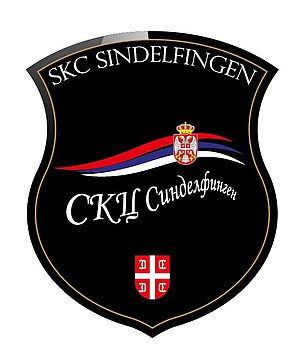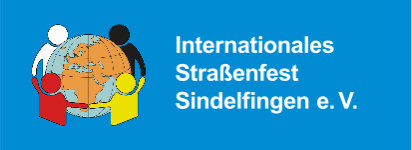
Serbisches Kulturzentrum
Serbian Folklore, Life and National Art
Over the centuries, Serbian folklore developed, which also influenced the transmission of the originality of folk creations. This can easily be seen in music with songs with the same texts sung in different ways. The same applies to folk games - the National Kolo today and fifty years ago, although with the same names, show remarkable differences. The national spirit, the strongest driving force of all ideas in art, never rests. People must always create their own art, with its ethics and special characteristics.
The games and songs have no composer, but they are written directly by people of nations who knew or remember old songs and games. Serbian folklore is very different in terms of rhythm, pace, playing style, music, but also in costumes. Games and songs are a typical form of Serbian folk games. It is a chain of interconnected folklore dancers who move circularly and rarely on a curved line. After the Kolo there is a chain of dancers in the right line or in two opposite types with the direction of movement left and right, back and forth. Playing alone or in pairs is a rarity in the central parts of Serbia. It occurs mainly in ritual games. These dances are very old and the way is a pagan ritual for fertility, rain or a trace of ancient rituals with a game of birth, marriage or death. Games and songs are among the oldest folk arts and have taken a prominent place in people's lives. Many important events such as birth, marriage, death, victory in battle, success in hunting or performances of rituals were followed by games and songs. The oldest artistic sources document the game even in the cave paintings of the older Stone Age. Since then the games have been perfectly improved, dressed and changed until they have reached their present form over the centuries. Our club is open for contacts with other clubs that share our values. Preservation of customs, culture and mother tongue. The purpose of our association is the promotion of art, education and upbringing, homeland care, youth welfare, sport and international understanding.
